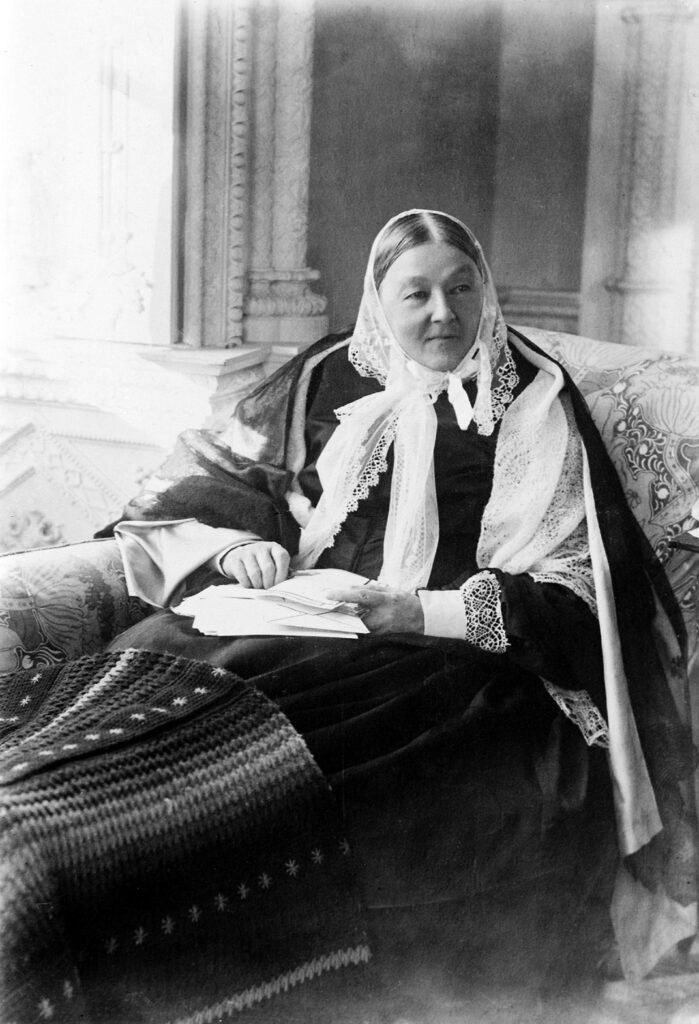
Since 1965, International Nurses Day has been celebrated on Florence Nightingale’s birthday, May 12.
Born in 1820, in Florence, Italy, Nightingale is celebrated as the founder of modern nursing.
Nightingale’s lasting contribution set an example of compassion, commitment to patient care, diligent and thoughtful hospital administration, according to Wikipedia.
Her contributions to healthcare as well as in statistics have left an indelible mark on history.
Nightingale’s early life was one of privilege; she was born into a wealthy British family and received an extensive education, which included studies in history, mathematics, and philosophy.
Information obtained from Wikipedia also stated how her work during the Crimean War brought her prominence when she lead a team of nurses to the front lines and organized care for the wounded soldiers. Her efforts to improve sanitary conditions significantly reduced the death rate of soldiers.
The article noted how Nightingale was dubbed as “The Lady with the Lamp” as a result of her life-saving efforts in the war as she made rounds at night to check in on wounded soldiers.
Despite differences of opinions in the media about Nightingale, her critics do not argue against the importance of her work, especially in the professionalism of nursing and in establishing her own nursing school at St. Thomas’ Hospital in London, which is now part of King’s College London.
In recognition of her pioneering work in nursing, the Nightingale Pledge taken by new nurses, and the Florence Nightingale Medal, the highest international distinction a nurse can achieve, were named in her honor.